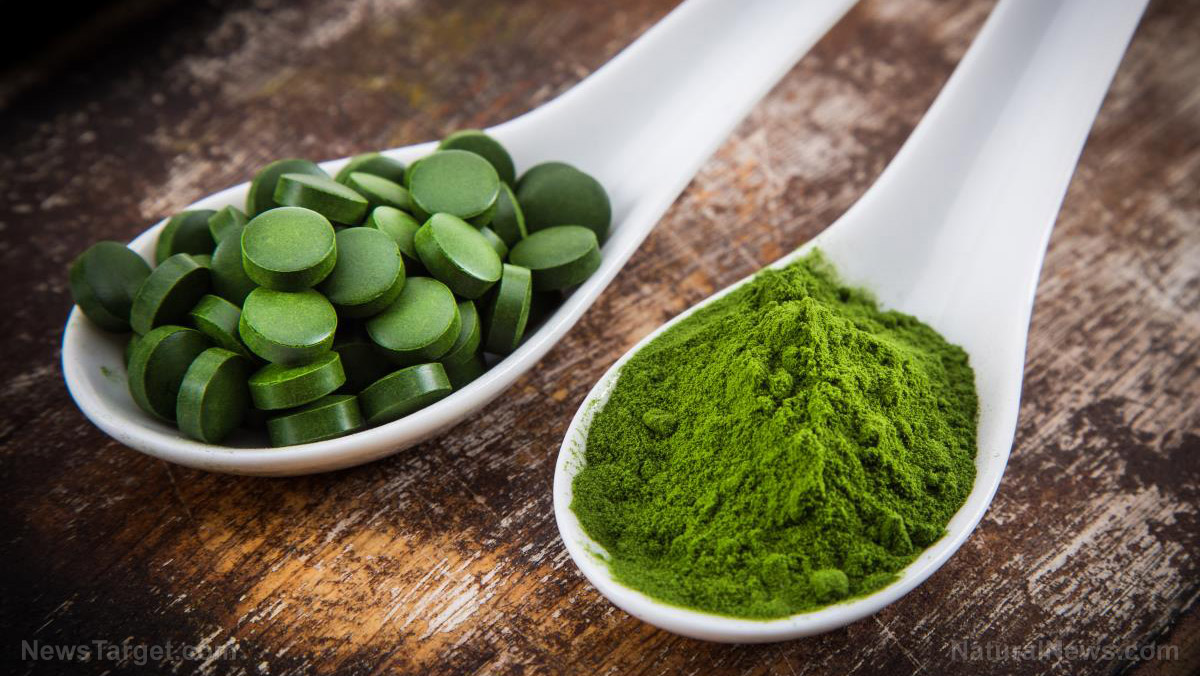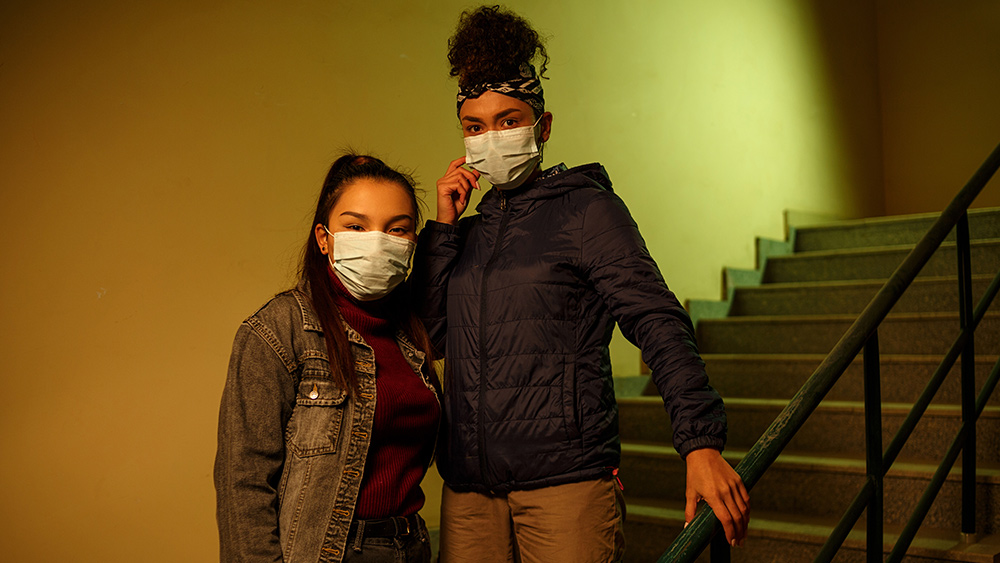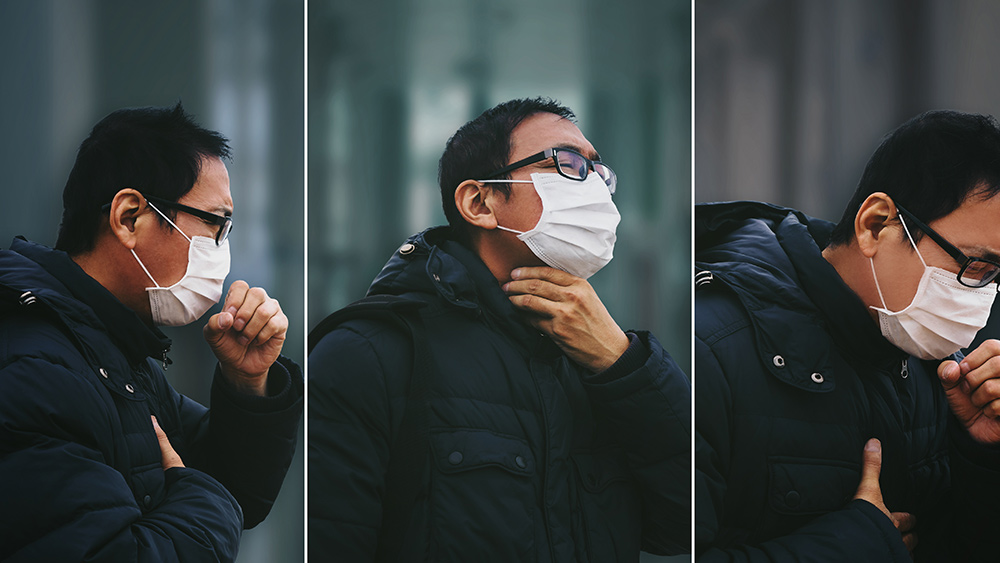Honey can serve as a natural treatment for people with bronchial asthma
03/03/2020 / By Evangelyn Rodriguez

Bronchial asthma is a common inflammatory disease that affects millions of people around the world. This disease causes the airway or bronchial tubes to swell and narrow, making it difficult for sufferers to breathe. Although bronchial asthma and bronchitis share the same symptoms, the former doesn’t cause sufferers to produce mucus when they cough.
Conventional treatments for bronchial asthma include drugs that relieve asthma attacks by making the smooth muscles in the airway relax. These drugs can be classified as either B-agonists or inhaled corticosteroids. However, these drugs are not definitive cures for asthma, and long-term use of these medications has been associated with adverse effects, such as growth failure, accelerated loss of bone mass, oral candidiasis and mild tachyphylaxis (decreased response to a drug).
The use of natural products is a promising strategy for treating asthma with little to no side effects. In a recent study published in the Journal of Medicinal Food, an international team of researchers investigated the efficacy of honey – used alone or in combination with other ingredients – as a natural remedy for bronchial asthma. They reported that while honey on its own isn’t very effective, the superfood does cause significant improvements when combined with another natural ingredient, such as black cumin.
Honey (plus one) as an anti-asthmatic remedy
Honey has been used as food and medicine for thousands of years. Even today, it is still considered an effective remedy for cough, infections, fever, inflammation, sore throat and allergies. According to studies, honey has plenty of beneficial properties, such as antibacterial, anti-inflammatory, antioxidant and anti-immunomodulatory activities.
Researchers have also found various ways of using honey to treat asthma: While nebulization is effective in treating acute asthma in children, oral ingestion helps decrease asthma symptoms and the frequency of asthma attacks. An animal study also showed that inhalation of aerosolized honey reduces bronchial inflammation and asthma symptoms in rabbits.
For their study, the international team searched 10 electronic databases for works that involved the use of honey alone or in combination with other ingredients. They found that the combination of honey and black cumin (Nigella sativa) significantly improved all pulmonary functions in people with either moderate or severe uncontrolled, persistent asthma. This potent combo also improved all asthma control test scores.
Meanwhile, those with a less-severe grade of asthma showed a positive response in clinical parameters upon using honey. In one of the included studies, researchers found that using celery seeds together with honey caused clinical improvement of both lung functions, as well as respiratory parameters.
Based on these findings, the researchers concluded that honey, when combined with other natural ingredients, is a highly effective remedy for bronchial asthma.
How honey helps with asthma
Honey is a sweet, gold-colored liquid produced by honeybees. Besides its use as a natural sugar substitute, honey is also known for its antibacterial and wound-healing properties. Raw honey, in particular, contains high levels of bee pollen and bee propolis. These components contribute to honey’s antioxidant, anti-inflammatory and anti-cancer effects.
When it comes to relieving asthma symptoms, scientists believe that honey’s ability to increase saliva production makes it an especially potent cough suppressant. Saliva is a lubricant that can work on the airways and reduce irritation in the throat, which can help suppress cough.
Honey’s anti-inflammatory properties are also useful when treating asthma, as they can help decrease swelling in the bronchial tubes. This will allow asthma sufferers to breathe more easily.
Common symptoms of asthma, such as coughing, wheezing and breathing difficulties, can disrupt your sleep. To get relief from these, add a teaspoon of honey to eight ounces of warm water and drink this remedy twice or thrice a day. You can also mix half-a-teaspoon of cinnamon powder with a teaspoon of honey and take the mixture before going to bed. This combination helps remove phlegm and can give your immune system a good boost.
Sources include:
Tagged Under: asthma, black cumin, bronchial asthma, disease treatments, food cures, food is medicine, functional food, honey, natural cures, natural medicine, remedies, research



















